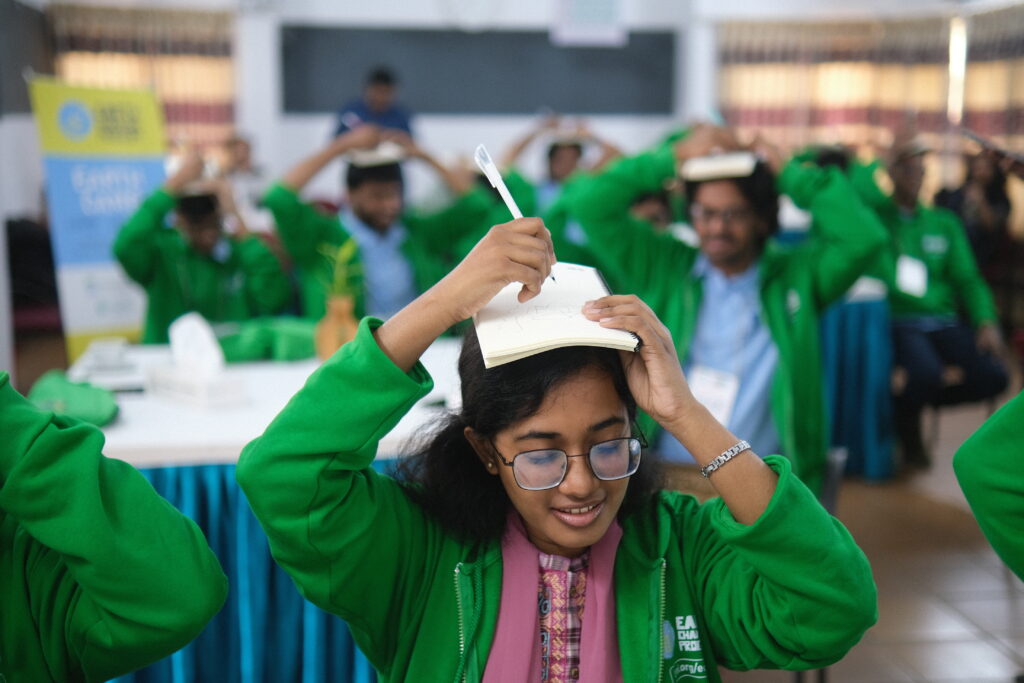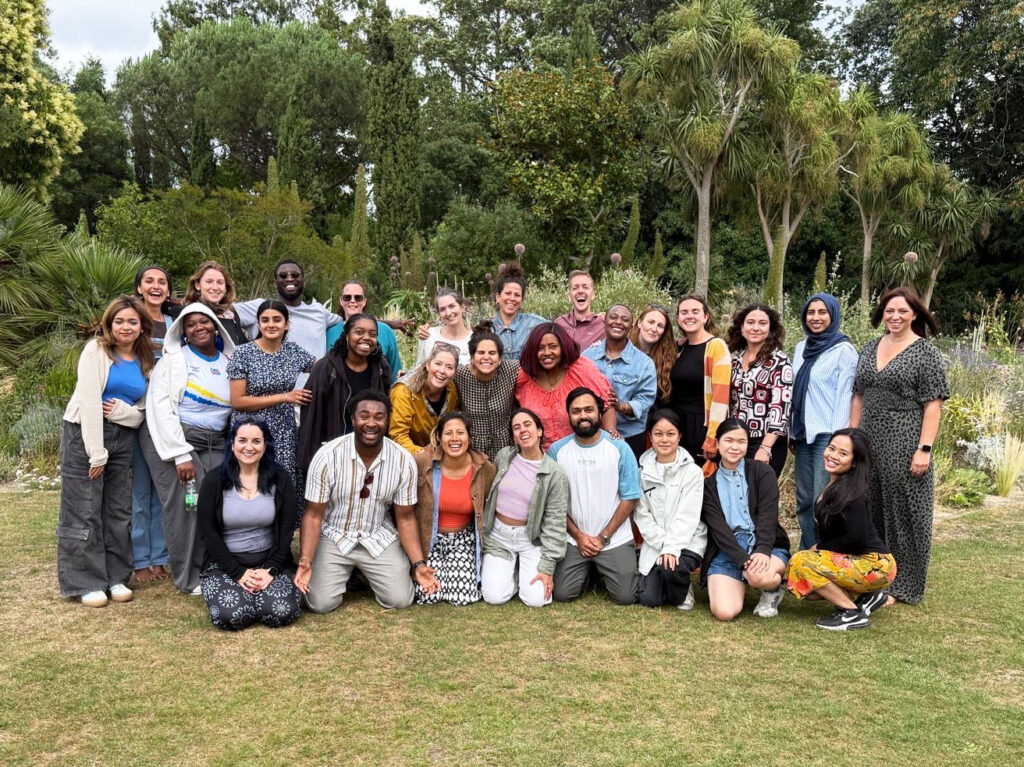Ref/use Lab: Shifting the Dial on Waste and the Circular Economy
At The Social Change Nest, we support over 500 grassroots groups and community projects through our fiscal hosting service. We recently sat down with Beccy Whittle from Ref/use Lab, to talk about their work to combat waste and build a more regenerative economy.
–
Can you tell us a bit about Ref/use Lab?
Ref/use Lab is a new project focusing on waste and the circular economy. It started as a collaboration between two other projects; a local group called Sewing Cafe Lancaster that looks at textile waste and the Closing Loops Project, which focuses on the circular economy.
We came together to create Ref/use to tell the real story of waste – where it goes, who benefits from it and who loses out – and what a more regenerative approach would look like. We’re planning to look at different materials like textiles, electronics and food, and highlight examples from across the UK of initiatives that are taking a whole systems approach to waste.
When we talk about the circular economy, it often sounds quite radical and innovative. But things like the milk round or local scrap metal merchants are really good examples of the circular economy in action. Some of this stuff we’ve already got a blueprint for, and we want to highlight these and other examples, to inspire others to take action and create change.
Why ‘Ref/use’?
We’re passionate about addressing the root causes of waste, rather than just cleaning up after the fact. For example, in the fashion industry, a lot of people talk about upcycling and buying second hand, which is great, but that can sometimes detract attention from the main problem, which is that too much is being created in the first place.
At school we’re all taught to reduce, reuse and recycle, but we talk about them as though they’re all of equal importance. But actually, they go in order. If you can’t reduce, then you reuse, and if you can’t reuse, then you recycle. I think that part of the message has been lost.
It’s quite a small percentage of clothes that go to charity shops that actually end up being resold and worn. The vast majority of them get exported to different countries and dumped on beaches.
We want to tell this wider story, in a way that helps people understand what’s going on and inspires them to take action.
Why did you want to be fiscally hosted?
We came across fiscal hosting via Google. We got a grant to do this project and so we needed to set up a bank account. We looked at whether we could just set up as a club or society and get a bank account but we realised that it’s basically impossible without setting up as charity or CIC. Then we learnt more about fiscal hosting and really liked the sound of it. We wanted to be able to manage our money in a transparent way and we really liked the ethos of The Social Change Nest.
What are some challenges you face as a grassroots organisation?
It’s difficult to communicate about sustainability and the environment in a way that is accessible and fun and doesn’t scare or shame people. A few of us at Re/fuse love clothes, and we want to be able to enjoy fashion. It’s not about not being able to have beautiful things and appreciate them, but it’s just about setting up the system differently, so that we waste less. We can create more clothing swaps, or clothing libraries where you can hire outfits. There’s been a lot of interest in that locally, particularly for children’s clothes. Kids wear something a few times and then they grow out of it, so it makes sense to hire and share instead.
Another challenge is just knowing what to focus on. There’s so much we could do and cover, but especially as we’re just starting out, we need to be able to find our niche and make sure what we’re doing is achievable.
What are your hopes and dreams for the future?
We want to reach people who might not have had much exposure to this topic before. There’s some amazing research out there about waste, but there’s a lot of jargon. We’re keen to translate this in an accessible and engaging way and help people start to think about waste differently.
We want to engage young people in particular. We’ve got a local college that is training young people to install air source heat pumps and other renewable technologies which is great, so we’d like to do some educational activities there.
We also really want to support local SMEs (small to medium-sized enterprises), and support them to incorporate more circular models into their businesses. It’s hard for small companies that don’t have the resources and capacity to have a designated sustainability team, so we’re keen to offer our support.
–
A huge thank you to Beccy and Ref/use for sharing their story. If you’d like to find out more visit www.refuselab.com.
- Blogs
Want to win more grants?
Increase your eligibility for grants and funding with our fiscal hosting service

